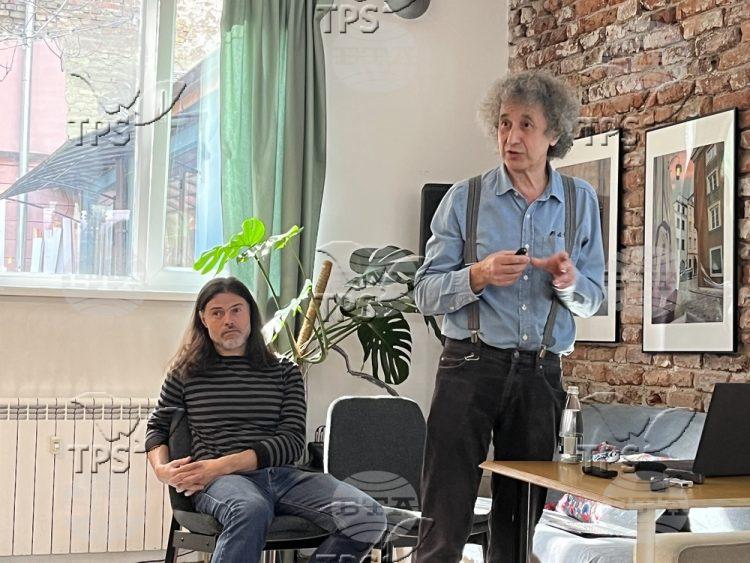Despite Bulgaria’s Rich Water Resources, Climate Change Could Exacerbate Risk of Water Scarcity in Vulnerable Areas, Scientists Say
Jerusalem, 12 March, 2024 (TPS) -- SOFIA (BTA)
Bulgaria’s water resources are expected to decline as a result of climate change. This could exacerbate the risk of water scarcity in vulnerable areas and, in years with particularly adverse conditions, elsewhere, said Assoc. Prof. Emil Gachev during an event titled “Is it a myth that Bulgaria is rich in water resources?” which was held in Sofia on Tuesday. The forum was organized by the Climateka platform on the occasion of World Water Day, March 22.
In the words of Assoc. Prof. Gachev, one-third of the world’s population is experiencing water scarcity, water resources remain scarce and this problem will worsen due to the growing population. He specified that the water resource is decreasing due to poor water management and pollution. According to Dr. Valentin Simeonov, the change in ocean circulation and in particular the slowing down or stopping of the Gulf Stream will lead to a serious reduction in rainfall in Bulgaria.
Assoc. Prof. Gachev stressed that Bulgaria is rich in water resources, but this is somewhat misleading.
According to data for the period 1990-2018, Bulgaria’s freshwater resource is about 100 billion cubic meters per year. “This is a bit deceptive, because three-quarters are transit waters of the Danube. The internal runoff on the territory of the country is about 25% of the total amount,” Gachev said, adding that there is unevenness of the runoff – it varies from 10 to 30 billion cubic meters per year depending on rainfall.
The area of inland water basins in Bulgaria is about 200,000 ha. According to Dr. Simeonov, river runoff in Bulgaria has decreased by at least 34% in the last 30 years. Italy and Spain are even worse, he said.
According to Gachev, Bulgaria can be considered an exporter of water resources, as most of Bulgaria’s inland rivers are small and the only larger rivers, which are in the south of the country, leave its territory and go to Greece and Turkiye.
As Simeonov explained, two factors that determine the availability of water are reservoirs and forests. “Forests increase the amount of water vapour, attract rain, redistribute rain flow, capture water from fogs and clouds,” he said, adding that there has been a distinct decline in forests globally. “What we need to do in Bulgaria is to protect forests. We need to distinguish between different types of forests – natural forests are valuable, artificial forests are not sustainable and lead to drought,” Simeonov said.
The main use of water in the past in Bulgaria was in industry and irrigated agriculture, but after the crisis in these two sectors, the use of water resources has decreased from over 14 to 5-6 billion cubic meters.
To date, most of Bulgaria’s water use goes to industry, with much smaller shares going to agriculture, forestry and drinking water.
According to Assoc. Prof. Gachev’s data, about 100 liters per day is the water consumption per person in households in Bulgaria.
He added that the determination of water losses is usually difficult, but 55-60% of water in Bulgaria is lost in the process of delivery to consumers, with some estimates as high as 70%. In Germany, these losses are estimated at 3 to 5%.


